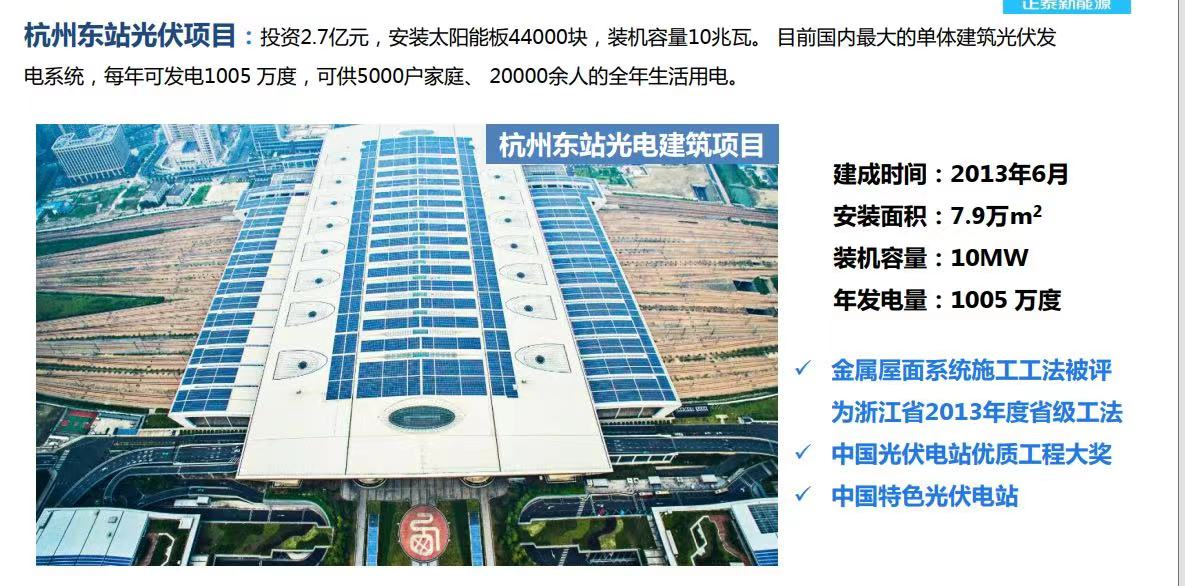The future is promising as the energy storage industry enters a period of explosive growth. While lagging behind the photovoltaic industry, the energy storage sector is rapidly gaining momentum, driven by robust support from the "14th Five-Year Plan" policy and the objective demand generated by the increasing capacity of renewable energy installations and the differences in peak and off-peak electricity demand in industrial and commercial sectors.
According to the BCG Global Energy Storage System Market Model, the demand for energy storage batteries in China is projected to increase from 13 gigawatt-hours in 2022 to 51 gigawatt-hours in 2025, and even reach 154 gigawatt-hours by 2030, with a growth rate of 25%. The energy storage industry has transitioned from an accumulation phase to an explosive growth phase.
At the policy level, nearly 30 provinces and cities nationwide have successively implemented mandatory storage allocation policies of 10%-20%, coupled with various capacity, discharge, and investment subsidy policies. These policy incentives will further drive the advancement of the energy storage industry, providing significant growth opportunities for enterprises.
China's advantages in energy storage industry clusters are becoming increasingly prominent. With leading global battery companies driving the momentum, Chinese enterprises are experiencing rapid growth in various links of the energy storage industry chain such as PCS, BMS, and EMS, forming a complete industrial chain. Technological innovation is also accelerating.
The core technologies of the energy storage industry include PCS (Power Conversion System), BMS (Battery Management System), and EMS (Energy Management System), which are crucial components in building energy storage systems. PCS controls the flow of energy, managing the transfer of stored energy to and from batteries to meet user demands. BMS monitors the status of batteries, including voltage, current, and temperature, ensuring the safe and reliable operation of batteries. EMS serves as the brain of the entire system, responsible for managing and optimizing energy, making energy usage more efficient.
In the photovoltaic industry, PCS plays a crucial role. Through PCS systems, the electricity generated by photovoltaic systems can be converted and stored for use during periods of low sunlight or unfavorable weather conditions, enabling continuous utilization of solar energy. BMS ensures the safe and reliable operation of energy storage batteries, extending the lifespan of energy storage systems and reducing operating costs. EMS maximizes the output capacity of energy storage systems through intelligent scheduling algorithms, improving the overall efficiency and economic viability of the systems.
Although the energy storage industry is still in its early growth stage compared to the photovoltaic market, its development prospects are highly anticipated under the attention of capital. The capital market is steadily increasing investments in the energy storage industry, with investors seeking potential stocks. Meanwhile, for energy storage enterprises, besides integrating technology and achieving technological breakthroughs, enhancing brand visibility, showcasing technological prowess, and creating differentiated competitive advantages are also crucial.
The future of the energy storage industry is full of endless possibilities. With continuous technological advancements and ongoing policy support, energy storage will become a key driver of renewable energy development, injecting new vitality into the transformation of China's energy structure.
If you're interested in learning more about our solar energy storage offerings, we encourage you to explore our product line. We offer a range of panels and battery that are designed for various applications and budgets, so you're sure to find the right solution for your needs.
Website:www.fgreenpv.com
Email:Info@fgreenpv.com
WhatsApp:+86 17311228539
Post time: Mar-27-2024














